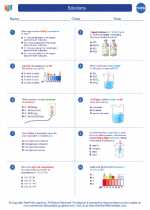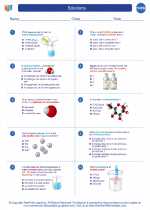Endocrine Physiology
Endocrine physiology is the study of the endocrine system, which consists of glands that produce and secrete hormones that regulate various bodily functions, including metabolism, growth and development, tissue function, sexual function, reproduction, sleep, mood, and more.
Key Concepts to Understand
- Endocrine Glands: These are the glands in the body that produce hormones. They include the pituitary gland, thyroid gland, parathyroid glands, adrenal glands, pancreas, ovaries, and testes.
- Hormones: These are chemical messengers that are released into the bloodstream and have effects on target cells or organs elsewhere in the body.
- Hormone Regulation: The endocrine system is regulated by feedback mechanisms, including negative feedback loops that help maintain homeostasis.
- Major Endocrine Organs and Their Functions:
- Pituitary gland: regulates other endocrine glands and secretes growth hormone, among others.
- Thyroid gland: produces thyroid hormones that regulate metabolism.
- Adrenal glands: produce hormones such as cortisol and adrenaline that are involved in stress response.
- Pancreas: secretes insulin and glucagon, which regulate blood sugar levels.
- Ovaries and testes: produce sex hormones involved in reproduction and development.
- Endocrine Disorders: Imbalances in hormone levels can lead to various disorders, such as diabetes, hypothyroidism, hyperthyroidism, and more.
Study Guide
To master endocrine physiology, it is important to:
- Understand the functions of major endocrine glands and their hormones.
- Explore the mechanisms of hormone regulation and feedback loops.
- Learn about common endocrine disorders and their causes and symptoms.
- Study the interactions between the endocrine system and other body systems, such as the nervous system and immune system.
- Practice interpreting case studies or scenarios related to endocrine physiology to apply your knowledge.
Remember, the endocrine system is crucial for maintaining overall homeostasis in the body, and understanding its functions and dysfunctions is essential in the field of physiology and medicine.
.◂Chemistry Worksheets and Study Guides High School. Solutions
The resources above cover the following skills:
CHEMISTRY
Matter and Its Interactions
Use mathematics and computational thinking to express the concentrations of solutions quantitatively using molarity.
Develop and use models to explain how solutes are dissolved in solvents.



